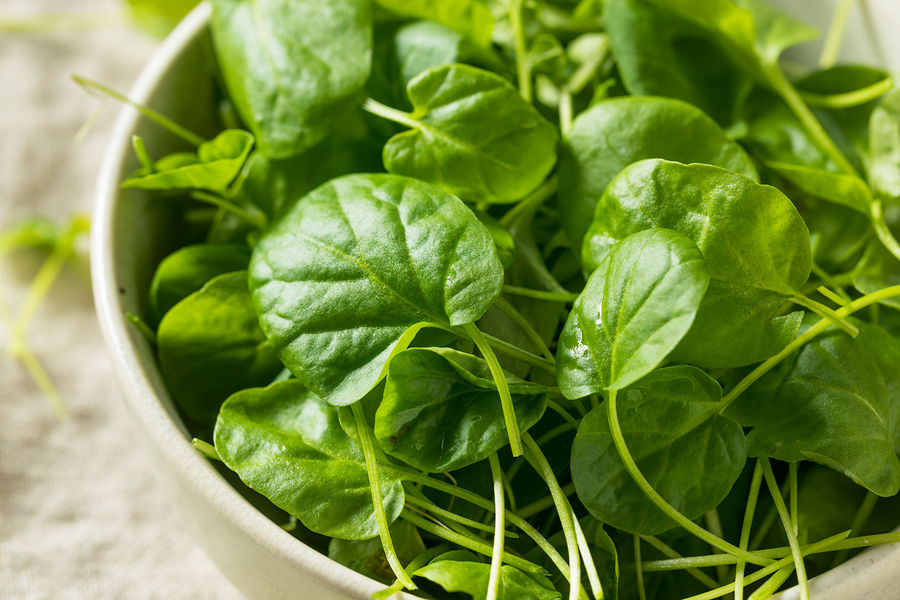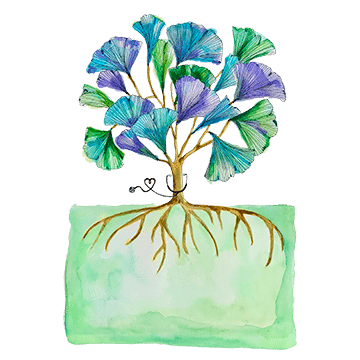
Wonderful Watercress
Watercress (Nasturtium officinale) is a nutrient dense, cruciferous vegetable with a tangy, peppery taste. Some of the nutrients found in watercress are vitamin A (from beta-carotene), vitamin B6, vitamin C, folate, iodine, calcium, and iron. It’s also a source of several phytochemicals that support the plant’s health and metabolism and are beneficial to human health, including blocking allergic responses.
One study of particular interest, shows that the phytochemicals in watercress inhibit 60% of histamines released from mast cells. That’s amazing news for anyone seeking allergy relief. As we’ve discussed, mast cells are types of white blood cells within the immune and neuroimmune systems. Mast cells are involved in allergies and anaphylactic reactions and play an important role in wound healing, immunity, and other physiological functions. While many vegetables contain compounds that help lower histamines and support immunities, several of the phytochemicals in watercress actually block histamine release and that helps keep the immune system from going into overdrive.
Though common to the U.S., watercress is challenging to grow because of the unique circumstances required for cultivation. In the wild, watercress grows on the edge of rivers and streams. As an edible crop, it’s grown in shallow spring water beds. Watercress is sold as a fresh salad vegetable, both by itself or mixed with other salad leaves, and is readily available from greengrocers and supermarkets. Watercress is very versatile and can be enjoyed raw, in soup, or added to a stir-fry, sauce, pizza and fish dishes.
References
